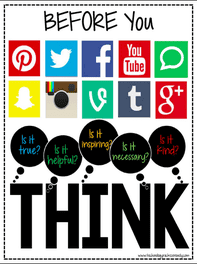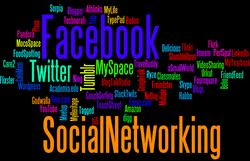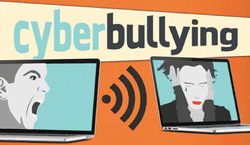What is Digital Citizenship?
As defined by HB213, Digital Citizenship “means the norms of appropriate, responsible, and healthy behavior related to technology use, including digital literacy, ethics, etiquette, and security.” Many digital citizenship curricula often have a heavy focus on internet safety and security. These topics are important, and understandably will be the focus of many efforts to increase digital citizenship education in the short term.
However, just as good citizenship is more than not breaking the law, digital citizenship is more than just avoiding harms online. Technology can enhance and magnify the ability of youth and adults to contribute to and serve in the community and even in the world. But youth and adults need to work together to consider and create more ideas around how technology can be used for good — to facilitate collaboration, creation, communication, and positive contributions to family and civic life.
Click here for Brighton High School’s 2023-2024 Digital Citizenship Plan.
Click here for lessons taught during Digital Citizenship Week
Talking Points With Your Children
It’s important to have regular conversations with kids about their online activities, but sometimes it’s hard to know where to start. So to help you talk with a teen—whether that teen is your student or your child—about safety online, here are five conversation starters. Ask the teen:
1. Do you know what personal information is safe to share online, and what is not?
High school kids should NEVER share their own or another’s address, phone number, password information (even to friends), or offensive or sexually suggestive images or messages.
2. Some young people have felt pestered or pressured to send a sexually explicit text or photo to another. Has this ever happened to you?
There are serious legal consequences for both the sending AND the receiving of sexually explicit messages/photos.
3. Do you ever feel overwhelmed by the time you spend online?
Children need help learning how to set boundaries for the time they spend with tech.
4. Do you know what a “digital footprint” is? Is your digital footprint an accurate representation of who you really are? Do you personally know all the friends and followers on your social networks?
Our digital footprint is comprised of all the things we post about ourselves AND the things others post about us.
5. Have you ever been tempted to download music or a movie that you don’t have the rights to? Have you ever taken words from an online source and used them in a paper for school?






